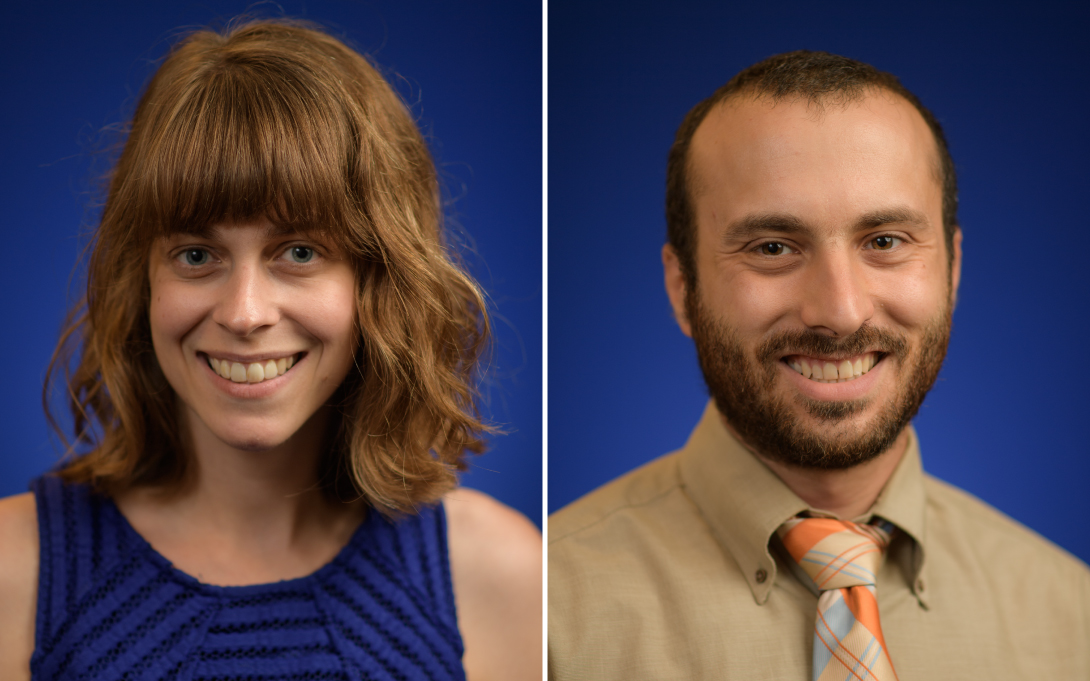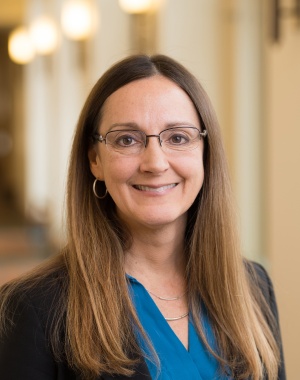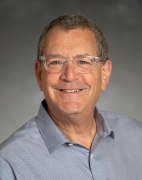
Kalena Thomhave (MPP ‘21) and Eli Gold (MPP/MS ‘21) spent much of last year working on research relevant to their academic interests—she on access to TANF cash benefits and he on utility affordability—as would be expected of any final-year MPP students.
Yet the output of their work was not a paper or academic article, but rather two pieces of investigative journalism published in Bridge Detroit, a non-profit, non-partisan news organization focused on “service journalism,” reporting in-depth on issues affecting Detroit communities. It was the result of the Bridge Detroit Student Journalism Initiative, a unique, year-long collaboration between the Ford School Writing Center, the Program in Practical Policy Engagement (P3E), and Bridge Detroit to examine issues of critical importance to Detroit.
Following a call for participation in the fall of 2020, Thomhave and Gold submitted their proposals, which were vetted by Writing Center instructor David Morse, P3E director Elisabeth Gerber, and the Bridge editorial staff. Once accepted, the students undertook academic and on-the-ground research, and benefited from guidance from Morse, Stephen Henderson, project executive at Bridge Detroit, and Catherine Kelly, Bridge Detroit’s managing director. The results were two 2,000+ word stories that recently appeared in Bridge Detroit:
- Thomhave: Analysis: How to get cash back into hands of Michigan families
- Gold: Analysis: Some Detroiters find heat, utilities unaffordable
Morse says the partnership fits a trend at the Ford School. “There's been an emphasis in the past few years of talking about story and narrative. Our students research the facts, analyze policy problems, and reach a conclusion. Then how can they tell that story for a larger audience? We've seen the danger in broader media of how stakeholders, policy actors, and politicians can package their stories in ways that are persuasive and appealing; but also you see that it can be disingenuous, or outright misinformed. So I think there has been, for good reason, an increased attention on how stories are told, and getting stories out there to combat all that misinformation.”
Henderson praises the work, saying that they are looking at issues that are at the core of the Bridge Detroit readership's concerns. "They added that policy perspective to these issues. They saw things that other journalists may not have seen, and gave the topics a rigor that really illuminated the topics."
Thomhave, who was awarded the Peter Eckstein Prize for interdisciplinary research and policy analysis, is currently working as a freelance writer on poverty and inequality, so the project fit into her academic and career interests. “TANF (Temporary Assistance for Needy Families) cash assistance benefits are very low and few people actually receive them, and that's partly because less and less TANF money is used on cash assistance nationwide. I wanted to write about TANF in Michigan because I knew how states have been able to use TANF funds for services outside cash assistance, sometimes even benefiting upper-income families, and I wanted to see what that looked like in our state.”
Her article concludes, “For all its faults, TANF can help serve as a realization of what direct cash transfers can do, especially in a global pandemic that has ruined household economic circumstances across the country. For Detroit, an increase in cash transfers could likely have an impact on the city’s high child poverty rate. So far, the State of Michigan has failed to devote a significant portion of its TANF funding to cash assistance—but change may be coming.
Positive results from the rollout of CTC (Child Tax Credit) cash payments could provide further evidence of the benefits of cash payments, supporting an argument to invest in TANF too. Improvements to the program made by DHHS and the Whitmer administration are a step in the right direction, yet more can still be done.”
Gold came to the energy field when he arrived at Ford, having gained an MFA in 2014. He spent five years running a small home renovation business in Detroit and was aware of the problems residents had with their utility bills. Post-Ford, he is working as a consultant at 5 Lakes Energy, an environmental policy consulting firm in Detroit.
He says the research was not fully technical and not fully human interest, “both wonky and human.”
“I believe it is important to speak with people as a part of any policy research process. You see the theory and the reality on the ground, and this journalistic process reminded me of that,” he says.
His story shows the energy affordability problems primarily through the eyes of residents, who, having encountered financial difficulties, struggle to access state and federal aid. The problem is widespread and requires systemic reform.
“Early in the pandemic,” Gold writes, “the MPSC (Michigan Public Service Commission) mandated that Michigan’s regulated utilities report their disconnection rates. These data reveal that, as the pandemic starts to ease, DTE is reverting to a more aggressive campaign of disconnections. Between January and April 2021, an additional 1,000 customers are being left without power at the end of each month, with many more temporarily disconnected during each reporting period. At the same time, DTE reported higher than expected earnings for the first quarter of 2021, with a net income of $473 million, up over $150 million from $320 million in the same period last year. COVID-19 may soon be in the past, but many of Michigan’s most vulnerable residents are still fighting to keep their lights on.”
For Morse, the initiative has been a success, tapping into students’ skills in a new way. “They have analytic skills as a base; they have the passion for these issues of public interest; and they have excellent writing and communication skills. Now they have used those skills to get evidence based reporting out there.”

